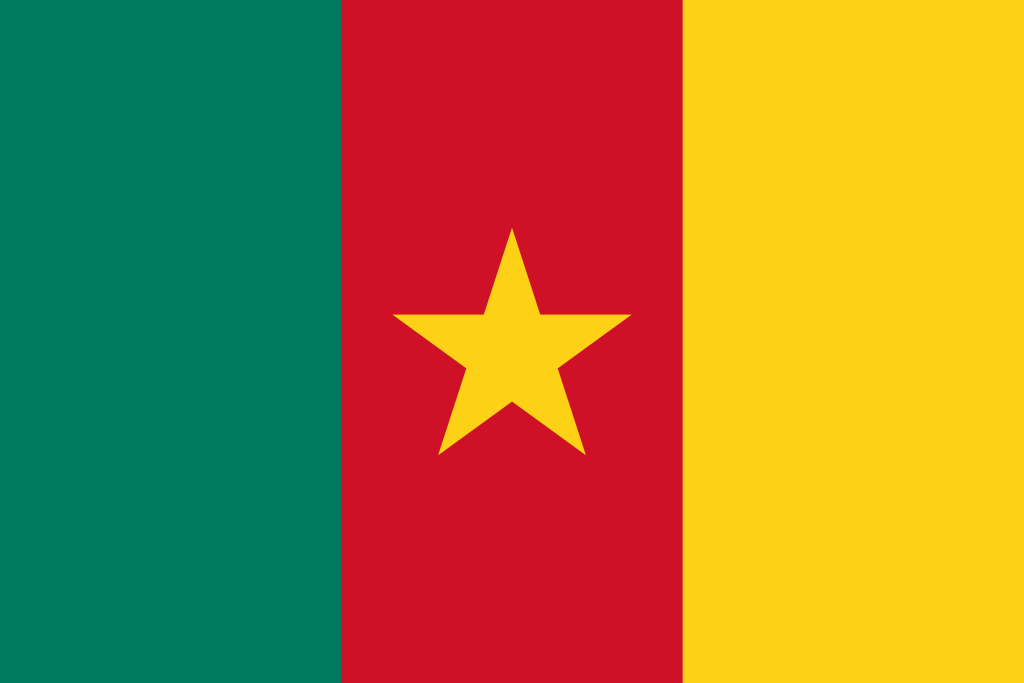Embarking on a Journey through the Unique Bouquet of Aromas and Cultural Riches
Cameroon, nestled in the heart of Central Africa, has been quietly cultivating a coffee heritage that is gaining recognition for its unique flavors and the potential to contribute to the nation’s economic development. Cameroon’s coffee story is a blend of tradition, biodiversity, and the pursuit of sustainable practices, making it an intriguing player in the global coffee landscape.
Cameroon’s coffee industry is primarily centered around Arabica coffee, with the Western Highlands region being a key contributor to the country’s coffee production. The diverse agroecological zones, ranging from the lush highlands to the volcanic soils, create an ideal environment for growing high-quality coffee beans. Notable coffee-producing regions include Bafoussam, Foumban, and Boyo, each contributing distinct flavor profiles to the nation’s coffee offerings.
The Arabica coffee varieties grown in Cameroon are known for their moderate acidity, medium body, and flavor palette that often includes hints of fruity and floral notes. The beans benefit from the region’s elevations, typically ranging between 1,000 and 1,500 meters, which contributes to the unique terroir that defines Cameroon coffee.
One of the distinguishing factors of Cameroon’s coffee industry is the prevalence of smallholder farmers. These farmers, often working on family-owned plots, contribute significantly to the country’s coffee production. The challenges faced by smallholders, including limited access to resources and fluctuating market conditions, have prompted initiatives aimed at improving their livelihoods and the overall sustainability of Cameroon’s coffee sector.
Sustainability and traceability are becoming increasingly important in the global coffee market, and Cameroon is making strides in this direction. Efforts to promote organic farming practices and environmentally friendly cultivation methods have gained traction. Additionally, programs focused on enhancing the quality of coffee through improved processing and post-harvest practices are contributing to the recognition of Cameroon coffee as a specialty offering.
While Cameroon’s coffee industry is not as widely known as some other African coffee-producing countries, the nation is making efforts to increase its visibility on the global stage. The Cameroon Coffee and Cocoa Board (NCCB) plays a central role in coordinating and promoting the country’s coffee exports, ensuring quality standards are met and fostering partnerships with international stakeholders.
Terms like “Cameroonian Arabica coffee” and “Cameroon single origin” are beginning to resonate in the coffee market, as consumers seek out unique and distinctive coffee experiences. As the demand for specialty coffees continues to rise, Cameroon’s coffee industry has the potential to carve a niche for itself, offering a taste of the nation’s diverse landscapes and the craftsmanship of its dedicated coffee farmers.
Cameroon’s coffee journey is still unfolding, presenting opportunities for growth, innovation, and global recognition. The rich tapestry of flavors, combined with a commitment to sustainability and community development, positions Cameroon as an exciting player in the world of coffee—one that invites coffee enthusiasts to explore and savor the untapped potential within each cup.
Tags: cameroon, coffee growers

